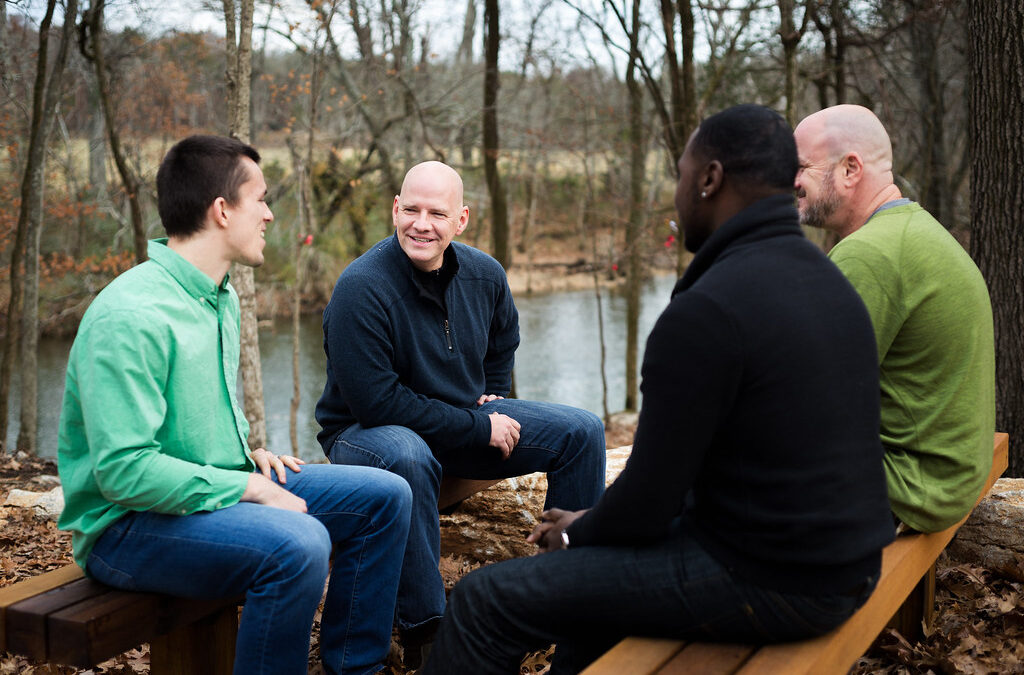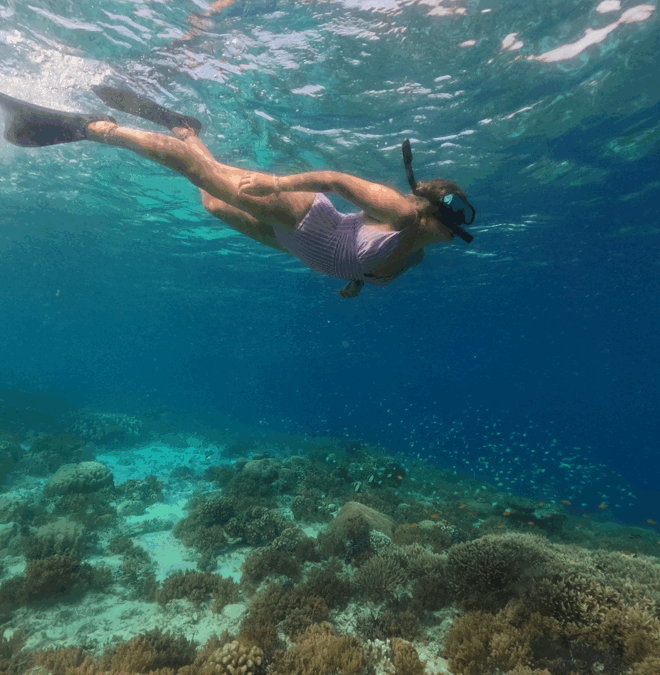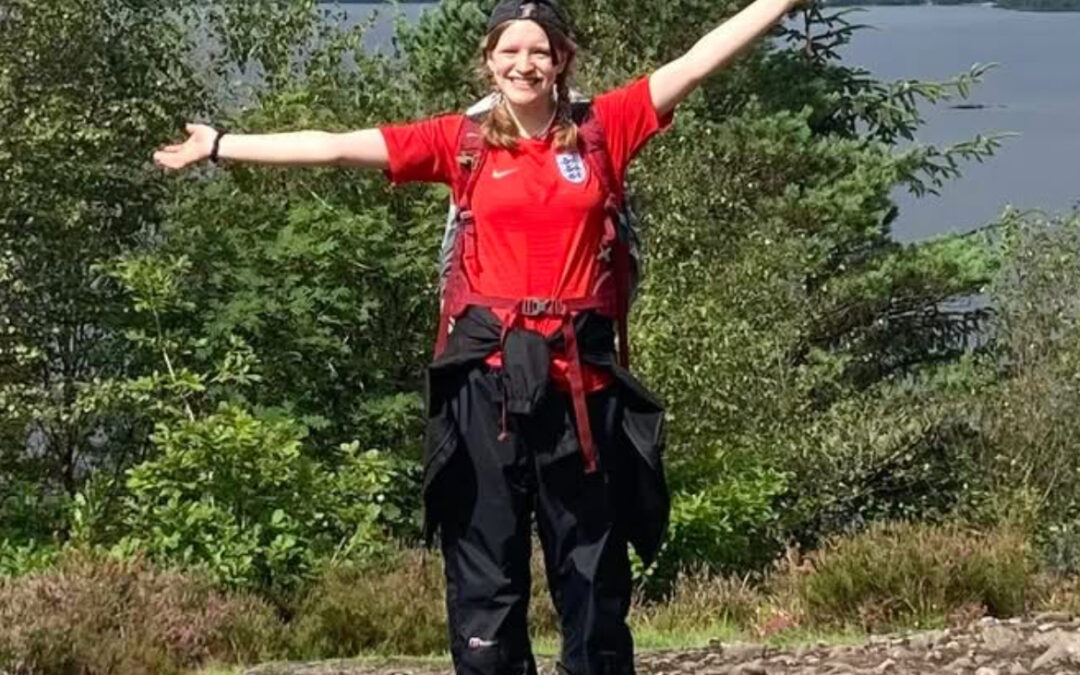Uncovering the unsung hero who carried disability tennis in Bedfordshire on his shoulders to unbelievable heights.
At 8 a.m. on a Friday, on a windswept court in Bedford, a coach in his forties crouches beside his most promising quad tennis player. “Try this”, he says, adjusting his wheelchair positioning behind the baseline. “Here we go, keep that belief”. His serve flies. Behind that small change and the few words of encouragement lies a story of quiet but determined revolution.
Neil Frankel, 49, began his coaching career in Bedford at Riverside Tennis Club. As a youngster, he was keen to share his passion for the sport with others and quickly found his gift for teaching. In his early twenties, Neil began coaching full-time before becoming the Director of Coaching at Riverside.
He notes that the state of disability tennis twenty years ago was completely unrecognisable from today. “We had a few wheelchair players here and there, not competing but just having a go. I remember looking at all the coaching spreadsheets when I became Director and thinking, ‘How can we call ourselves inclusive?’
“We had to expand our reach to people with learning difficulties, autism, visual or hearing impairments, Down’s syndrome and so on, to make sure Riverside could cater for all. Disabilities aren’t always visible and that’s important to recognise.”
The Lawn Tennis Association’s (LTA) initiatives for disability during the 2000s focused support mainly for wheelchair players, at the best and biggest tennis centres, with any other disability groups finding tennis opportunities very few and far between. Locally, there was little to no awareness of diverse programmes catered to various disabilities.
Without a dedicated programme for disability players, Neil spotted an opportunity and a gaping hole in his coaching philosophy. Soon after, Neil took on the Disability Tennis Manager role due to an absence. From that moment, he set out to build disability tennis into what he believed it should be, and knew it could be: “An adaptable sport that should be for everyone.”
A fitting name for the new programme? ‘No Barriers’. Among the first few hundred out of over two thousand clubs nationwide with a dedicated disability programme, Riverside rolled out a fresh look for its coaching. This was a first for Bedfordshire and kick-started the potential for a more inclusive outlook on disability tennis.
By the time the 2012 home Olympics came round, the nation was gripped by sport, and the hopes of Andy Murray put tennis in the national spotlight. Gordon Reid of Great Britain went into the 2012 Paralympics as the 9th-seeded wheelchair player, and although unsuccessful, became a home-grown inspiration for Paralympic tennis.
If you’re enjoying this story – try how a non-profit set up a sports club for special needs children.
Neil said: “2012 was a real turning-point for tennis to develop, not just in people getting involved, but for disability opportunities to be recognised and made accessible.” As a result, Neil spent the next decade strengthening disability tennis relationships, for example, through SEMH (Social, Emotional and Mental Health difficulties) school initiatives.
By 2023, the No Barriers programme ran 13 sessions a week across a full range of disabilities for 80 people, including mental health sessions, visually impaired (VI) tennis, wheelchair tennis, autism tennis, learning disability tennis and Down’s syndrome tennis. “It’s encouraging that we not only have these opportunities but are now retaining 99% of the players that come in.”
Gary Cox, 38, suffered a spinal cord injury in the mid-2000s and, through unwavering determination, found his passion for quad tennis, a variation of wheelchair tennis, where players have more restrictions in their ability to control the wheelchair and racket due to their greater limb limitations.
He said, “I’m still improving year after year. That is all on 3 hours of coaching a week, self-funded. My young family and financial constraints mean I can’t up my training without external funding.”
Gary has achieved massive success since pairing with coach Neil at Riverside. In the years since, he made his Team GB debut at the World Team Cup in Turkey and qualified to play at the Eastbourne International event. He beat the world no. 41 in Houston and hopes to break into the world’s top twenty quad players.
Neil says he and Riverside want to do as much as they can to support Gary. “The club books out courts weekly for Gary to train, and we consistently run fundraisers to help with his travel costs. Many tournaments he needs to play to improve his ranking are abroad, and LTA funding alone is often insufficient to support the travelling he needs.
“But there are so many challenges that you can’t see. For a 7 am training session, while I could roll out of bed at half 6, Gary would have to be up hours earlier because simple tasks that we don’t think about take him much longer. That shows how hardworking he is.
“Many players with disabilities would be forgiven for shying away from the struggles of training and competing, especially abroad. It can be quite embarrassing or traumatising
to be manhandled on and off a plane, it shows how determined these athletes are.”
Neil’s unsung efforts go beyond his work on the court. In 2024, he completed a 55km challenge through the mountains of Snowdonia in aid of CALM (Campaign Against Living Miserably) and for Gary. This year, to push Gary towards a top twenty ranking, Neil aims to raise £4000 by running 110km across just one week through the mountains of North Wales.
In 2023, Neil was recognised by the High Sheriff of Bedfordshire for his services to the community. He has also won numerous LTA awards, including one for ‘sustaining innovation during lockdown, responding positively to the Covid-19 pandemic’. Across two national lockdowns, he presented daily livestreams on social media for home workouts to keep his viewers active.
“They say a lack of socialising and physical exercise can be as damaging as 15 cigarettes, and one of the biggest risks for the disabled communities I see is that isolation. Lockdown was a tough time for them, but having them out and active makes a difference. It is motivating to see their faces light up, knowing that tennis may be their week’s highlight.”
Neil is far from finished. His ambitions for the future of disability tennis are inspiring.
“I want to look into local school provisions more, and what happens after, with disabilities in ages 18-25 being a vulnerable and uncertain age. We’ve made significant progress getting people involved, but we still need funding for the next set of professional athletes. If our club had a top 100 player with no disability, everyone would pay attention, and I hope that soon the same recognition comes for people like Gary.
“I’m full of privilege and found real joy and satisfaction in this. It’s grounding to see the world through their eyes, which helps to smooth over preconceived ideas of different people. I’m fortunate to be healthy and have a great support network, and I aim to give players that feeling too.”
At 9:30 am on Friday, Gary leaves his training session with Neil with confidence and inspiration, thinking of his successive big wins.
This article is part of our This:Ability series, celebrating individuals with disabilities in sport. Read our other stories on the Sheffield Strikers here, on the Sheffield Steelkings here, or on Heroes of Hope here!



